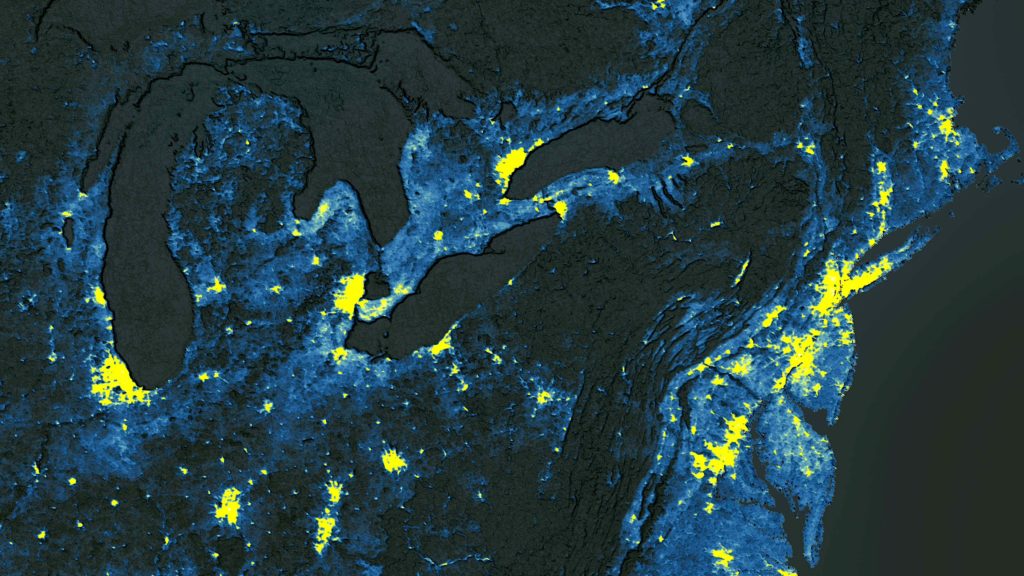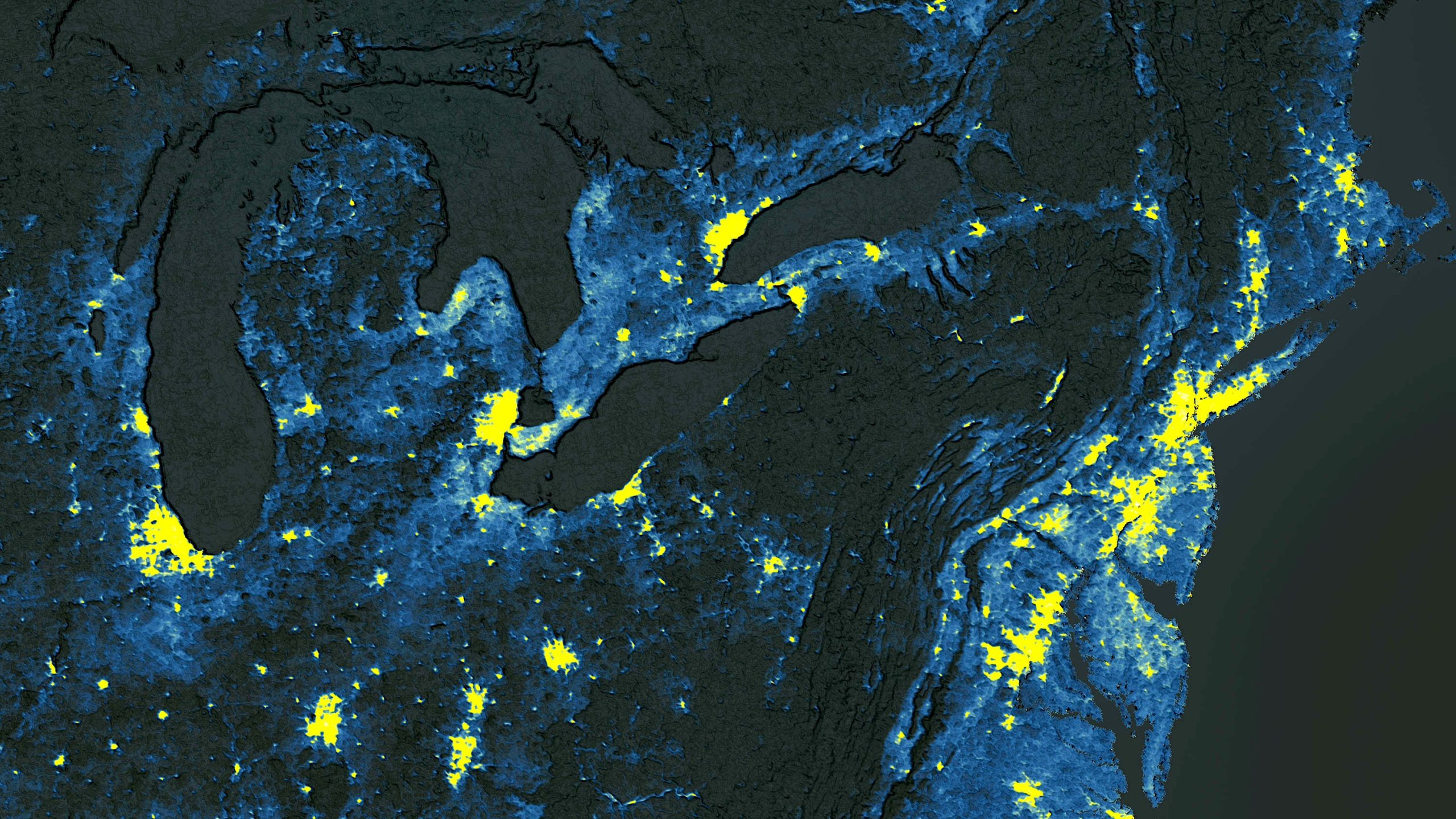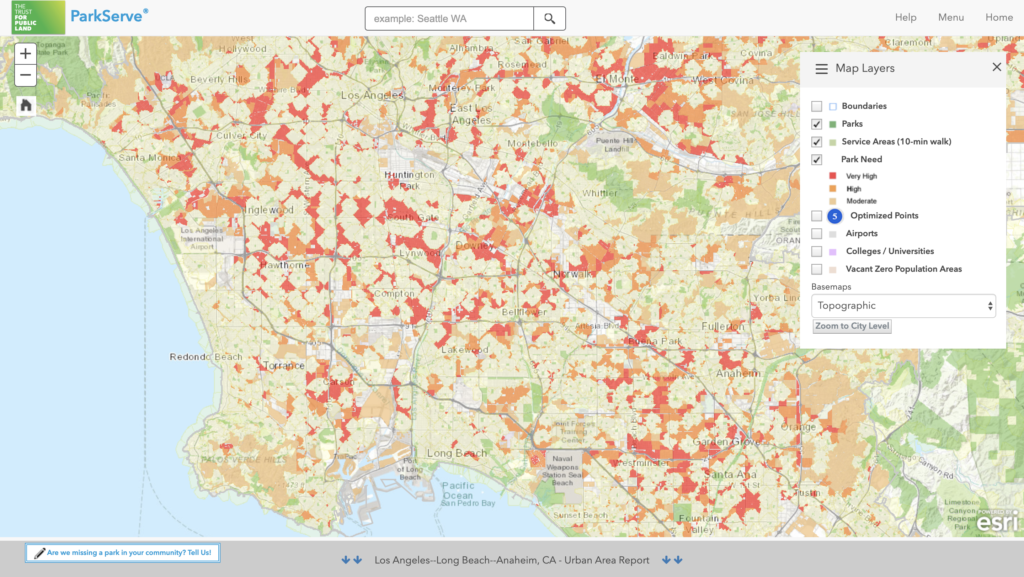
Identifying communities at risk of heat islands in 14,000 US cities

US-based nonprofit organization The Trust for Public Land (TPL) has been working for environmental issues in urban communities since 1972. To date, it has been instrumental in the creation of 5,400 parks, ensuring that millions of Americans are within a 10-minute walk of a natural area.
One of the major missions of the organization is to identify lower-income and at-risk urban areas of dangerous heat levels, especially in the times of climate change. For this, the TPL has built an interactive platform called ParkServe, which acts as a comprehensive database of local parks in the nearly 14,000 cities, towns, and communities across the United States.

ParkServe displays parks, service areas, and indicators of park need for US urban areas including this interactive map of metro Los Angeles.
Every year, to inform its future actions and funding decisions, the TPL evaluates park access and quality in the 100 largest US cities and logs the findings in an index called ParkScore. To identify urban head islands in these 100 metros, the TPL undertakes a tedious, week-long process with the following steps:
- Searching and downloading Landsat 8 scenes from USGS Earth Explorer
- Thermal band extraction and recomposition into a 2-band raster
- Storing large amounts of temporary data on a local geospatial data science machine
- Processing Landsat digital numbers (DN) to degrees Fahrenheit
- Image service generation and geoprocessing into classes of urban heat island severity
This year, however, the TPL has been able to evaluate all 14,000 cities for heat islands – with the help of a solution that has made process each city a matter of seconds instead of hours.
The TPL partnered with Descartes Labs, the company building a digital twin of our planet, to leverage the latter’s platform for accessing petabytes of disparate geospatial data through one common interface. Through the cross-sensor atmospheric compensation algorithms and cloud-masks which significantly improve the experience of working with various geospatial datasets, Descartes Labs’ Python APIs eliminate the need for front-end QA work. Users can run and scale custom Python code on their cloud infrastructure without any need to understand cloud engineering also.
As Pete Aniello, Senior Manager, Science and Analytics, The Trust for Public Land, asserts, “What was taking a week (assuming it didn’t crash) using our old process now takes a few hours.” The TPL is now planning to run historic data through Descartes Labs Platform to see how effective their work has actually been for mitigating heat islands.





